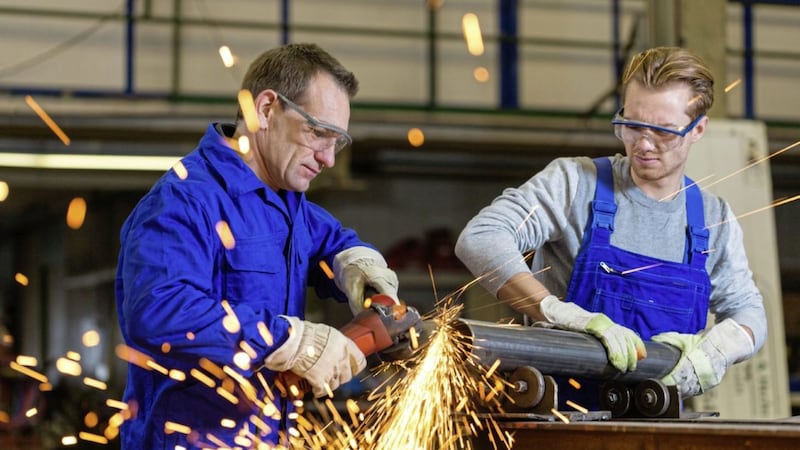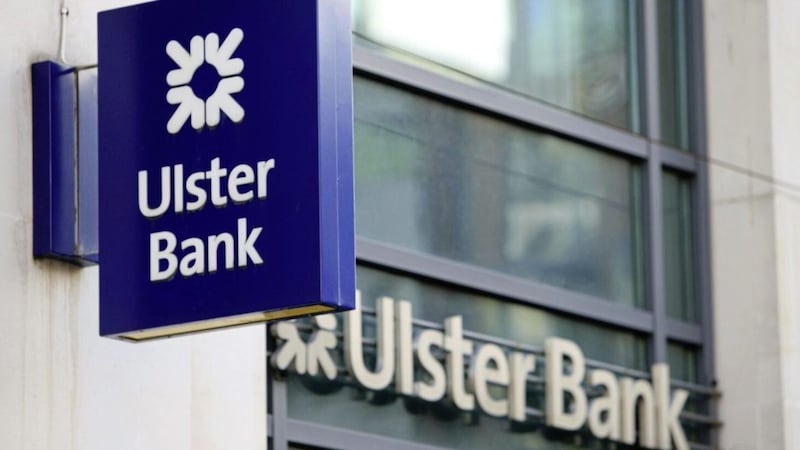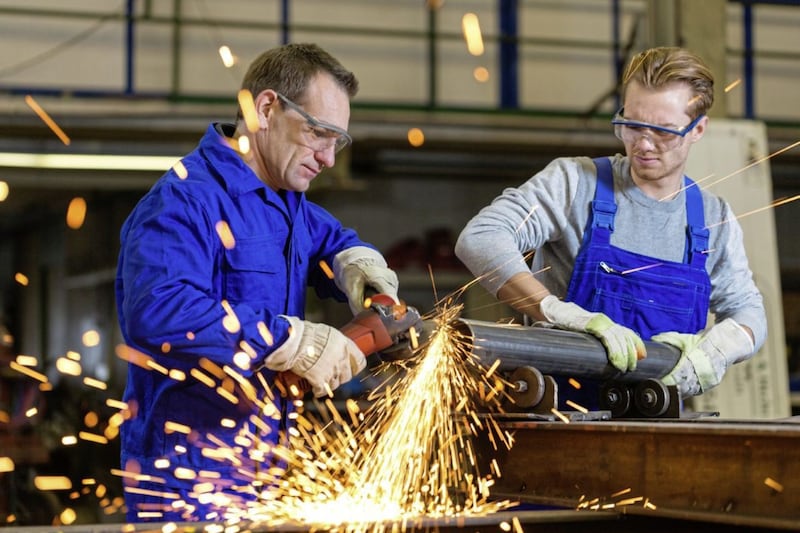NEW key economic data has shown a decline in economic output and employment rate since the EU referendum.
According to official figures, output in the production sector fell 1.8 per cent in the three months to September representing its steepest decline since 2009.
The fall was "most pronounced" in manufacturing the Northern Ireland Research and Statistics Agency (Nisra) said.
Services output declined for the first time since the start of last year, falling 0.5 per cent in real terms over the quarter.
Meanwhile, the Labour Force Survey, which covers the three months to October showed a marginal increase (by 0.1 percentage points) to 5.7 per cent in the north's unemployment rate.
Nisra said it was "not possible to specifically attribute any of the latest changes in the local labour market or economy to the impact of the EU referendum".
"However, there is evidence of a continued slowdown in jobs growth and the production sector is reporting a decline of 1.4 per cent over the year," it added.
On a more positive note, the number of people claiming unemployment related benefits actually fell by 500 in November.
Economy minister Simon Hamilton said: “The figures published today contain some positive messages across a range of key labour market indicators.
"In particular, following reductions in unemployment over the medium term, I welcome that employee jobs are now broadly back to their previous peak in 2008 alongside the continued reduction in the economic inactivity rates.
“The Northern Ireland unemployment rate (5.7 per cent) continues to compare very favourably to the September 2016 rate for the European Union (8.5 per cent) and for the Republic of Ireland (7.9 per cent).”
“It is important that local businesses continue to develop opportunities through research and development, seeking new markets and promoting inward investment. I would encourage businesses to actively seek out these opportunities and to take advantage of Invest NI’s continued support for local businesses and the local economy.”




